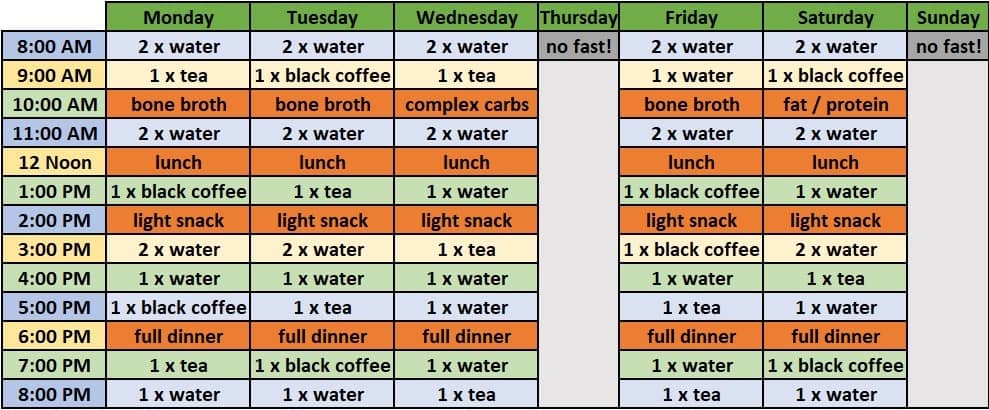Your family cringes every time you skip a meal, and it seems like everyone becomes paranoid if your blood sugar levels drop.
You’re getting so sick of pricking your fingers and keeping track of your numbers.
Enter the cavalry, and stop stressing. Sometimes, it’s good to skip a meal under controlled and planned measures.
It will activate the autophagy that regenerates your cells, and you can reverse the problems before your critics pull out their boxing gloves.
Misconceptions About Diabetic Fasting
Let’s face it, you don’t always feel like stuffing your face at every glance shot your way.
Unfortunately, people misunderstand type two diabetes, thinking that the world will stop spinning if meals are skipped. However, the method of “controlled fasting” won’t cause such problems.
A study published in The BMJ has confirmed that under the right circumstances with expert supervision, people with diabetes type two have the possibility of being in a position to discontinue their insulin.
Intermittent fasting does require close professional medical supervision.
You must follow your doctor’s advice by planning your fast periods, drinking low calories during the fast, and supporting your fast with adequate nutrition when you do eat.
If followed correctly, there is a reasonable chance you could be able to replace insulin in your regimen.
The Rules of Safe Fasting
Some basic rules to follow are:
- Never fast for longer than 16 hours. Stick to the 16:8 method where you eat for eight hours and abstain for 16.
- Drink low-calorie tea, black coffee, bulletproof coffee, and tons of water during the fasting cycles (day and night).
- Eat a meal filled with healthy proteins, fats, fiber, and complex carbs in the last hour before you enter a fast. For example, eat at 8:00 PM if you’re fasting until midday. This gives your body enough calories to sustain the fast.
- Monitor your glucose levels during the fast.
- Break your fast with healthy fat and bone broth to give the stomach nutrients again.
Vast Benefits

Intermittent fasting brings you many health benefits such as:
- Improved metabolic responses
- Increased insulin absorption
- Enhanced mental focus
- Healthier cells
- Reduced hypertension
- Reduced inflammation
- Improved heart health
- Weight loss
Losing weight can lead to much better diabetes control and even the remission of your diabetes. You can achieve a complete reversal of your diabetes when you combine weight loss with regular methods that promote natural cellular regeneration.
Intermittent fasting fits right in with this model.
Grasping the Basics
Fasting is an ancient method of regulating many body functions and improving overall health.
If this method sounds appealing to you, then ignore the rants from family members, and take your fasting schedule to heart.
Here is a simple schedule that can be filled with natural nutrients, vitamins, and healthy choices when you break your fast.
This fast starts at 6:00 PM and ends at 10:00 AM, leaving the calorie abstinence for during the night.

As you can see, you’re eating at least four times a day and keeping your glucose and insulin balanced while correcting your autophagy.
Take two days per week to break the fast to further lessen its intensity.
Play around with this sample, never forgetting to ask for medical support when you need it, and stay hydrated by drinking at least eight glasses of water.
Better health and fewer complaints about your eating habits are closer than you think.

Doctor Loy
Loy Puckett MD
Emergency Medicine – 28 Years Experience


